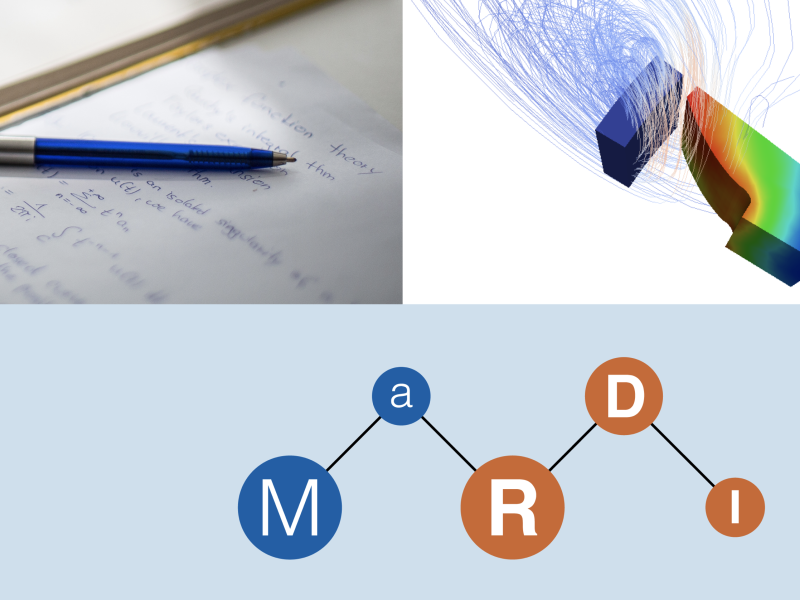How can mathematical research data be used sustainably and transparently? This question is at the focus of the project "MaRDI - Mathematical Research Data Initiative", which is funded from October by the DFG for 5 years. The goal of the consortium, coordinated by the Berlin Weierstrass Institute for Applied Analysis and Stochastics (WIAS), is to develop methods and tools to implement the so-called FAIR principles for mathematical research data and make them available in a publicly accessible online platform. The acronym FAIR stands for: Findable, Accessible, Interoperable and Reusable.
Twenty-four institutions are involved in the consortium, including Freie Universität Berlin, Technische Universität Berlin and the Berlin Cluster of Excellence Math+. Researchers from the Zuse Institute are involved in two work packages.
National Research Data Infrastructure
MaRDI is supported by federal and state funding as part of the National Research Data Infrastructure (NFDI). Initiated by the Joint Science Conference (GWK), the German Science Foundation (DFG) is responsible for reviewing the consortia proposals and selected ten consortia this year. In three rounds of calls coordinated by the DFG, up to 30 consortia are to be funded with up to 85 million euros per year for an initial period of five years and a possible extension for a additional five years.
The NFDI is intended to make the often decentralized, project-based and temporarily stored data resources of science and research systematically accessible for the science system. The NFDI is organized by users of research data and by infrastructural institutions, which cooperate in consortia for this purpose. The NFDI is intended to set standards in data management and, as a digital, regionally distributed and networked repository of knowledge, to sustainably secure research data and make it usable.
